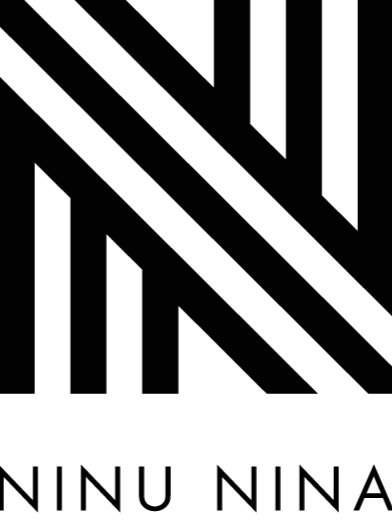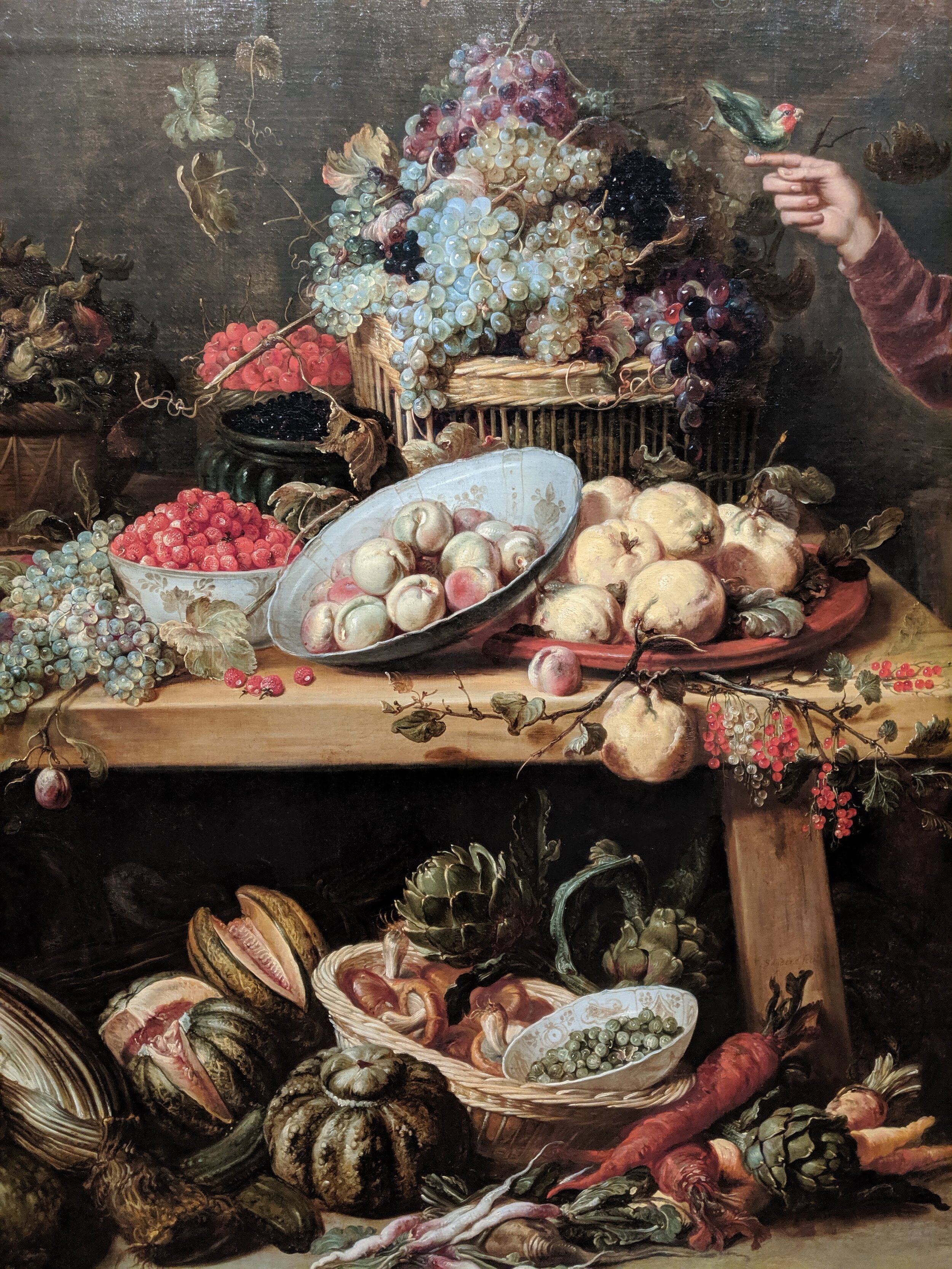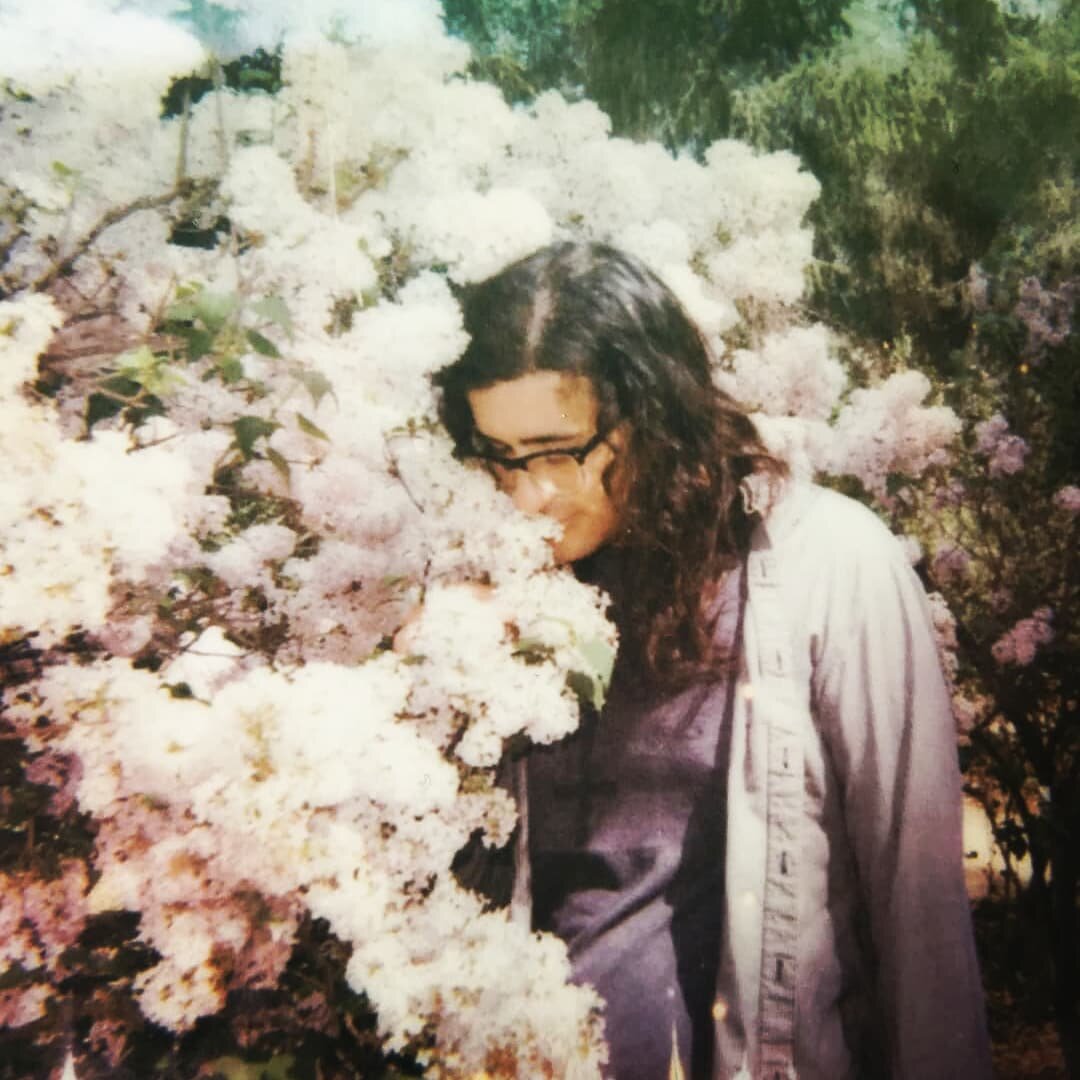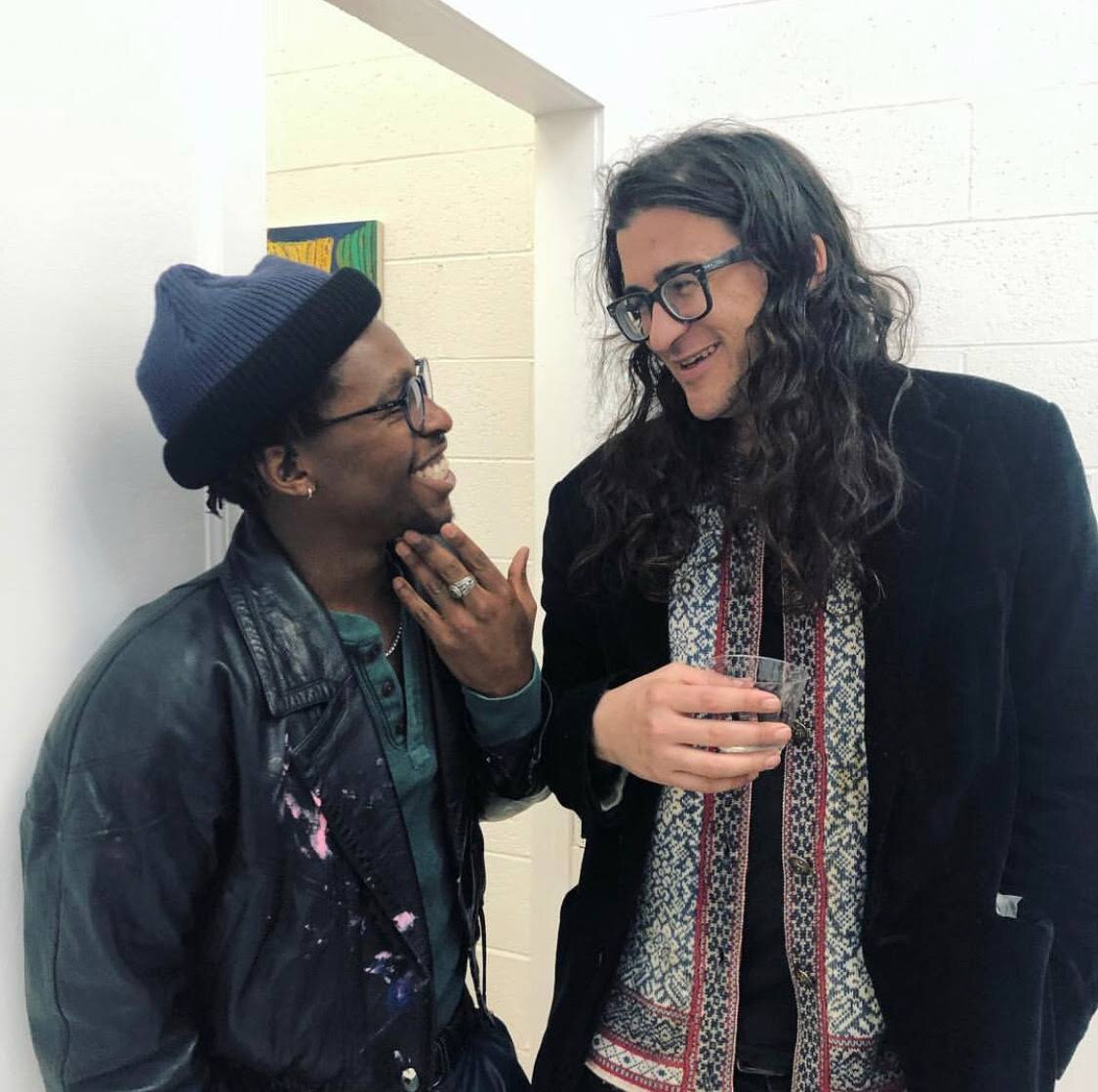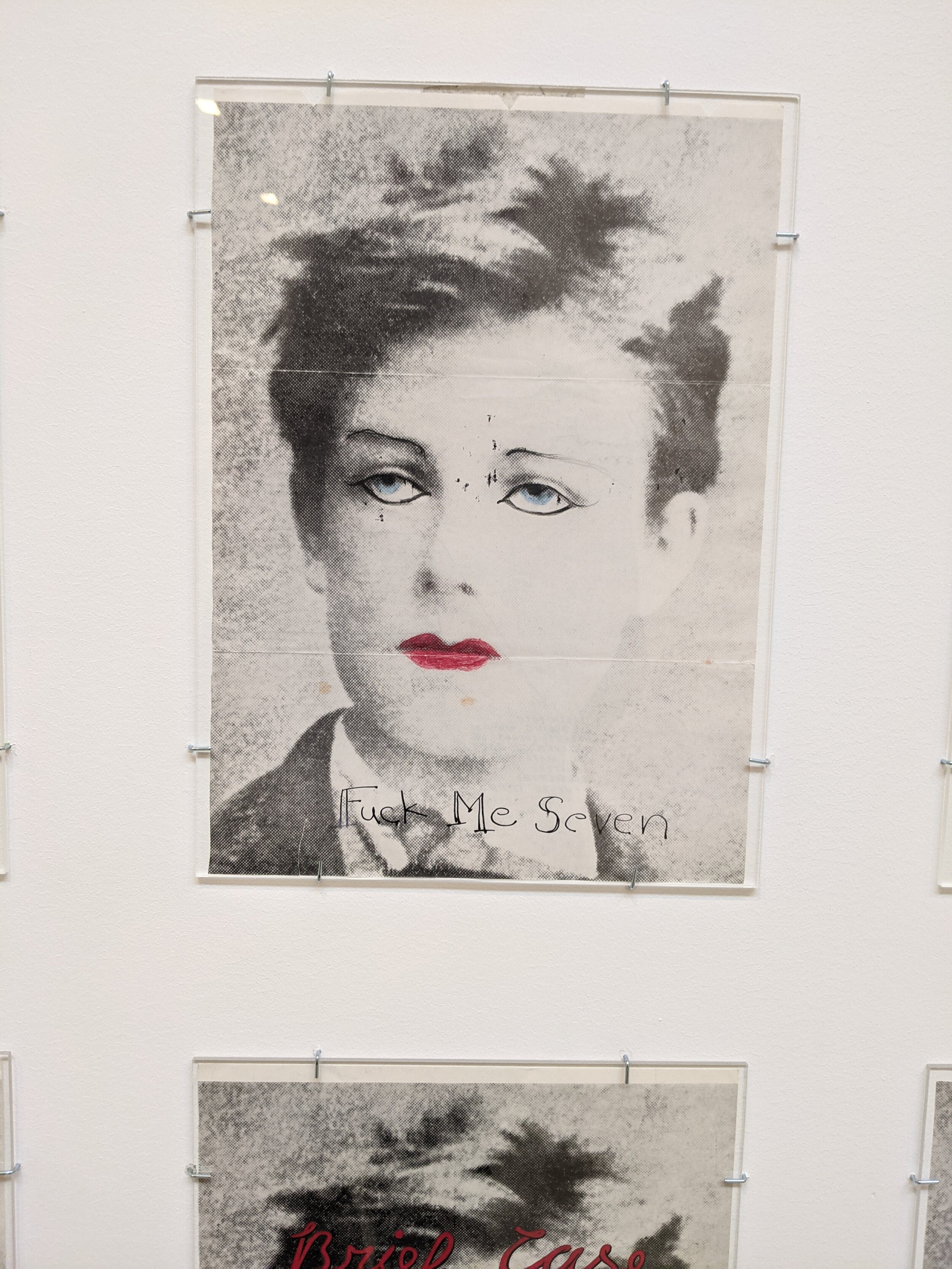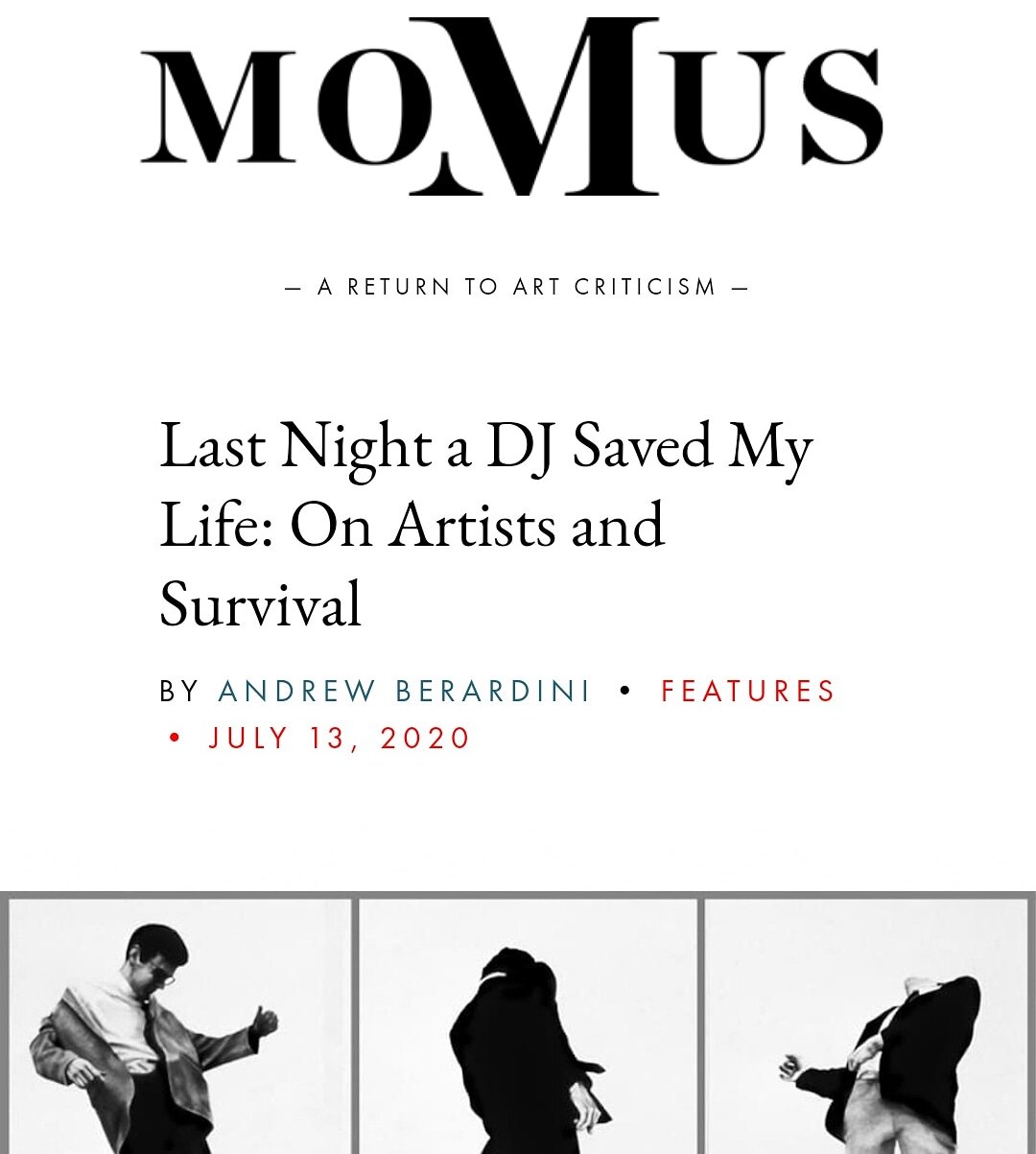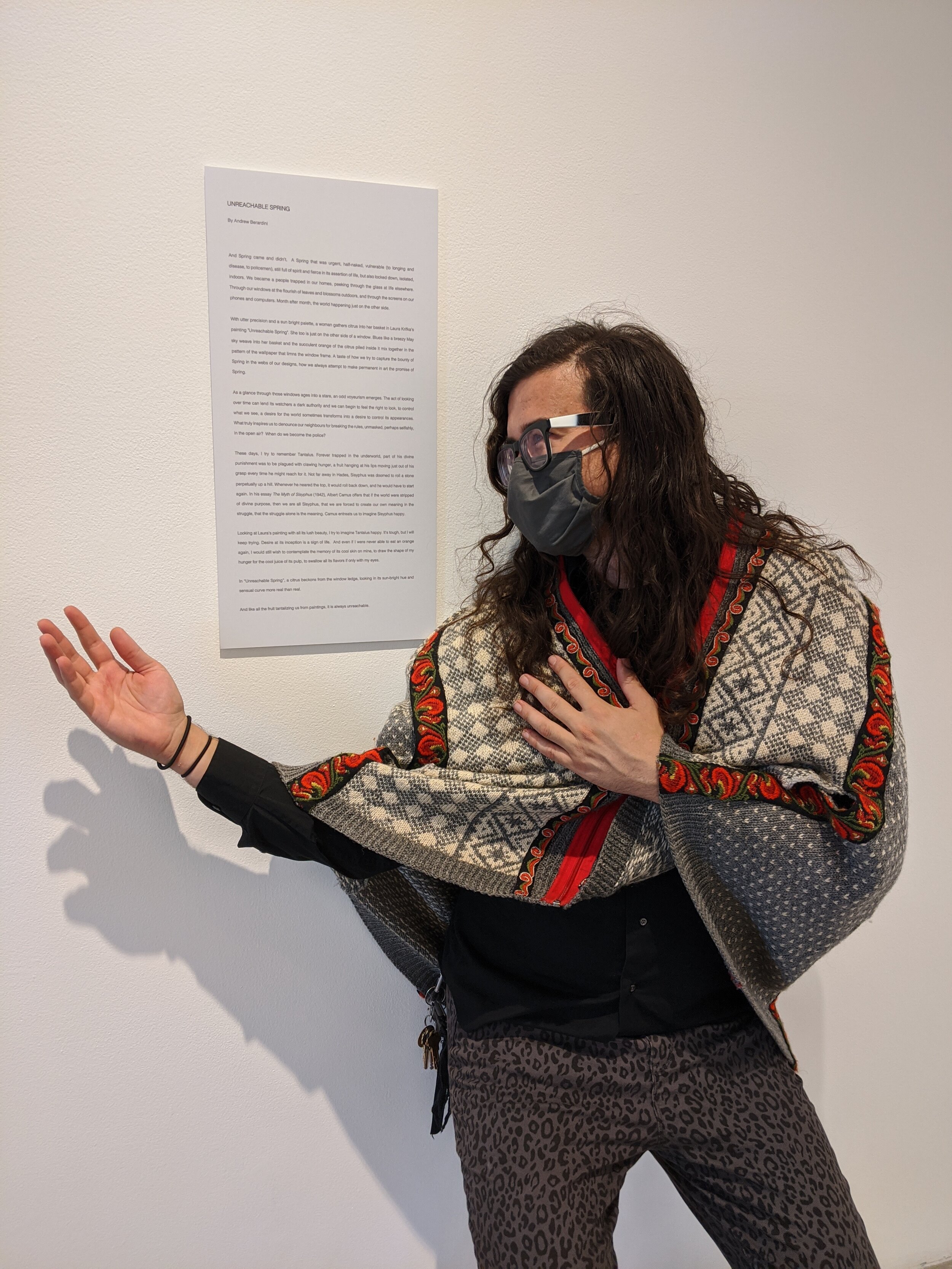WRITER ANDREW BERARDINI
Writer of weird quasi essayistic prose poems on art and other vaguely lusty subjects
We are massive fans of the work and prose of Andrew Berardini , who perfectly expressed the feeling of “ the apocalypse blues” and who wrote about DMT perfumes at Frieze ( aka The Twilight Zone), so we got curious.
Tell us about yourself Andrew
I am only ever and truly a writer, other vocations slip in from time to time, like editor or journalist, teacher or curator, but they all filter through the magic of words.
As a writer, I've penned essays and books for sci fi pagan witches and aging wolfish shamans, deviant intellectuals and queer geniuses, monument builders and painterly mystics. When I curate exhibitions, it's usually with others and always for exhibitions that inspire me to make extraordinary atmospheres from poems on the facade of the Ace Hotel, a painter's river through the Museum of Contemporary Art, a heartbreaking ritual and a towering fountain of embodied pussies for the Pavilion of Estonia at the 2019 Venice Biennale.
I've been a contributor to Artforum for the last fifteen years, and have aided in the mischief and critique of numerous magazines from Spike to Frieze, Art-Agenda and very significantly for me Mousse in Milan. I've written many books, one on Danish artist Danh Vo was one of the more meaningful, as will be the one I've penned on color coming out in 2022 through Not a Cult Media.
In my work with artists, I endeavor to create through language the same experience I feel in my body looking and experiencing their work, a vicarious vision stoked with the sensual, emotional, and psychic grace and turbulence they give me so that others can feel it with the same all-encompassing force that I have. I feel a deep debt to art and literature, and my life's work is an attempt to repay that debt.
Your greatest inspirations or influences?
Just a few, some are evergreen, others more recent: Italo Calvino's "Invisible Cities", Alice Neel, Roberto Bolano, Giovanni Intra, Piero Golia, Andrea Lissoni, Zora Neale Hurston, Martha Kirszenbaum, Anne Boyer, Maria Arusoo, Nam June Paik, Sarah Cain, Quinn Latimer, Kris Lemsalu, Chika Sagawa, Filipa Ramos, the dead creatures of Frans Snyder and the infinite aura of Agnes Martin, "Mother of Pearl" by Roxy Music, "More Women" by Saada Bonaire, "Ahwak" by Abdel Halim Hafez, everything by Nina Simone, my daughter limitlessly, the blush and bloom of flowers, the golden liquid light of sunsets, perfume from passing strangers, the parrots freed from chattel that flock around my neighborhood with rich green feathers and clattering voices far from their origin belonging to no one but each other --- these are the good things, we've all been influenced by bad things and inspired to fight against them as well, but these might be too numerous to count.
Tell us a bit about your creative process and some things you are looking forward to this year..
Trying to say those things that need to be said and that I can say, looking for soul in all wrong places, endlessly getting lost in poetic research, sometimes I can trick myself into a trance and actually say something that I hope gives feeling and thought to others.
What am I looking forward to in the coming year? Dancing, hugging, weeping, falling in love with strangers, finding myself in places I've never been and getting lost, remembering the magic of art in rooms with others.
How has this year changed your creativity or how you see the world changing moving forward?
A year with more tragedies than grief can count, I have been bent but not broken. Of those of us who have survived, so many of us are wounded. We will rightly take a moment to celebrate life, its endurance and resilience, but we must make room for all of us to thrive, free from cruelty and violence, and to take extra care to help those who have been hurt the worst. I am never sure the world can change for the better, but I always keep hope.
Who do you consider to be an icon of our time?
We should smash all icons. They poison both the worshippers and the worshipped.
Do you think the art world needs to change, and if so how can it be improved.
Art is an expression and reflection on everything else. The greed, exclusion, viciousness, inequality we find in art are everywhere else too. So how to change the world? I'm not sure I have the answer, we could probably start by abolishing prisons, decriminalizing poverty, stopping the continued terror and heal from the horrors of colonialism, racism, nationalism, homophobia, sexism, colorism, defend women's rights and protect Black bodies; we can abolish caste, halt ecological destruction, treat other species with more dignity, give everyone self-determination, liberate gender and sexuality, make room for everyone, work to destroy hoarding and scarcity, create more room for love and joy. It's a whole lot, but with a shift of collective consciousness, we might be able to save our species, and those precious artists amongst us.
What does wellbeing mean to you?
More love, less fear, a body and spirit unbreaking, a freedom to and a freedom from. Joy.
Thank you so much Andrew, you’ve filled our creative spirits with your interview.
